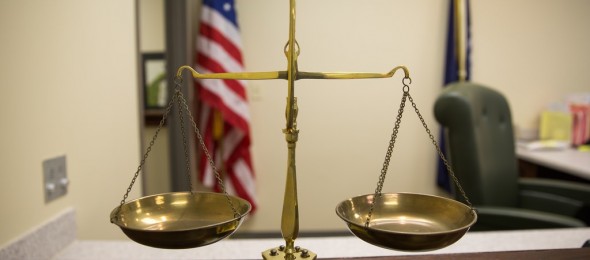Martin H. Malin, Professor of Law and Director of the Institute for Law and the Workplace at the Illinois Institute of Technology’s Chicago-Kent College of Law, has published “The Three Phases of the Supreme Court’s Arbitration Jurisprudence: Empowering the Already-Empowered,” Nevada Law Journal, Vol. 17, 2016. In his journal article, Professor Malin provides his take on the evolution of United States Supreme Court arbitration jurisprudence since the Federal Arbitration Act was adopted.
Here is the abstract:
Arbitration agreements coupled with class-action waivers and other onerous provisions have become common in employment, consumer, and other transactions. The Supreme Court’s decisions enforcing such agreements have encouraged their use. Scholars have largely critiqued the Court’s decisions.
This article finds that the Court’s arbitration jurisprudence has not been so monolithic. Rather it has evolved through three phases. In Phase I, the Court overruled older case law and held that pre-dispute agreements to arbitrate statutory claims were enforceable pursuant to the Federal Arbitration Act (“FAA”). The Court’s rationale was that as long as the claimant could effectively vindicate the claims in the arbitral forum, the arbitration agreement did not amount to a waiver of the statutory rights at issue. This rationale led many to envision arbitration, with procedures effectively policed by the courts, developing into an informal, cost-effective forum that would be more accessible than the courts, particularly for low-dollar-value claims. Phase II substantially undermined the effective vindication doctrine, but state contract law doctrines used to police overreaching adhesive contracts continued to support the vision of arbitration as an accessible forum. In Phase III, however, the Court has held that the FAA mandates enforcement of class-action waivers, premising its holding on an FAA policy of enforcing arbitration agreements according to their terms. This article demonstrates how the latest phase of the Court’s arbitration jurisprudence is obliterating state contract-law doctrines that policed overreaching by dominant parties, elevating the interests of the parties imposing the terms, and enshrining the imposing party’s interests in the FAA and the Supremacy Clause of the Constitution.
This and other academic publications written by Professor Malin may be viewed for free on the Social Science Research Network.
Photo credit: North Charleston via Foter.com / CC BY-SA














